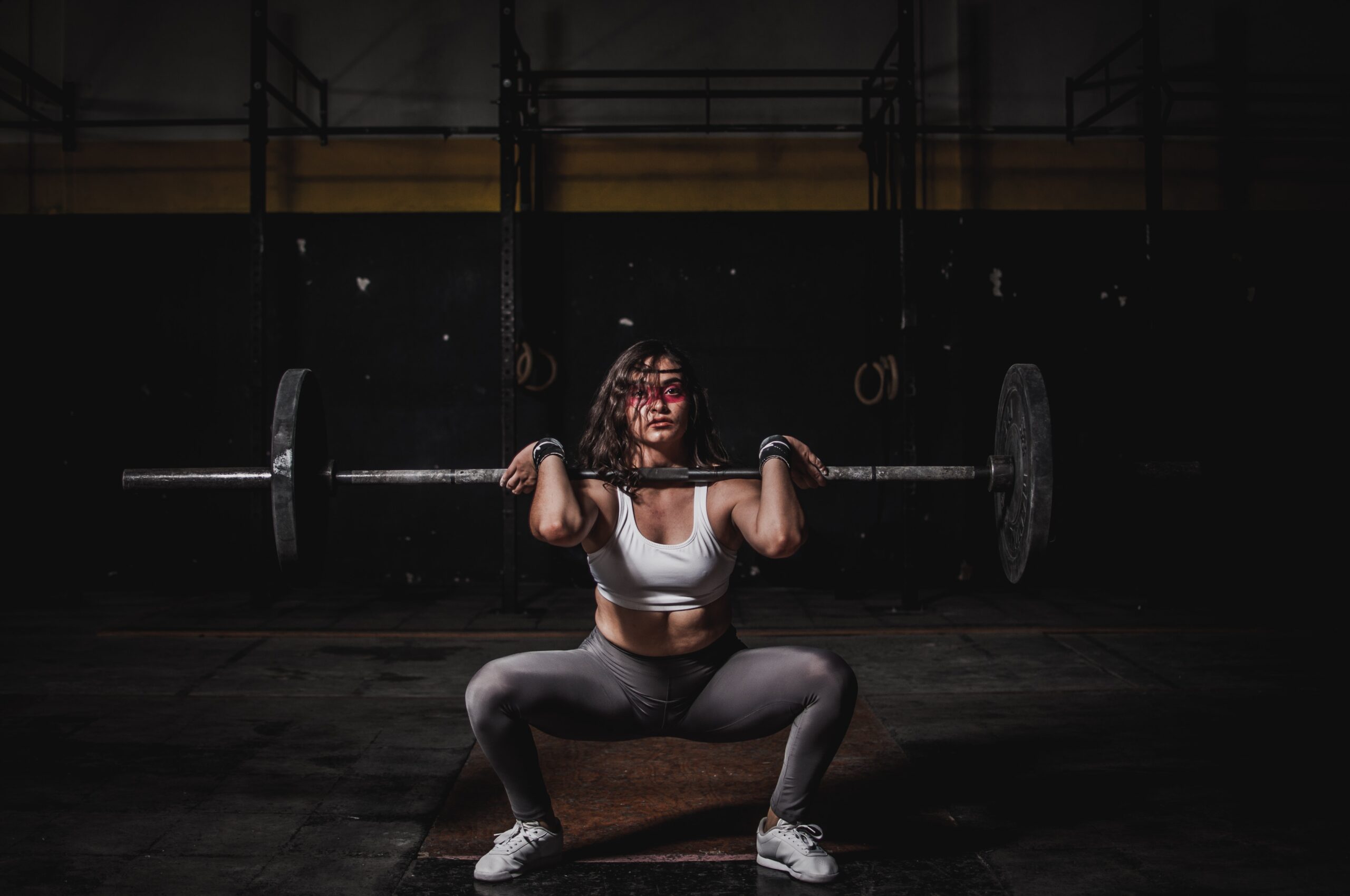Advertisements
You might have noticed that your period doesn’t always come on time if you’re a woman who works out regularly. You may have missed a period or two due to your workout routine. So, can workout delay period? Yes, it can.
While exercise can be beneficial to your health, it can interfere with your menstrual cycle. For example, intense exercise can lower estrogen levels, causing abnormalities in your menstrual cycle. Furthermore, if you don’t consume enough calories to sustain your level of physical activity, your body may go into “survival mode” and cease ovulating, causing your period to be delayed or perhaps stop entirely.
It’s important to keep in mind that the effects of exercise on your period might vary based on several factors, including the type and intensity of activity, your overall health and nutrition, and your specific hormonal balance. If you’re concerned about the effect of exercise on your menstrual cycle, it’s a good idea to talk to your doctor or a qualified healthcare professional.
Factors Contributing to Delayed Periods
1. Stress
Stress is one of the most common reasons for delayed periods. When you are stressed, your body creates cortisol, a hormone that can disrupt your menstrual cycle. Stress can also cause headaches, digestive problems, and sleep abnormalities.
Thankfully, Meditation and Yoga, Exercise, Relaxation Techniques, and Self-Care are a few ways to reduce stress and help regulate your menstrual cycle.
2. Duration of Exercise
Advertisements
Your workout routine’s duration can also have an effect on your menstrual cycle. Long, rigorous workouts that last many hours at a time can put a lot of strain on your body and potentially cause your period to be delayed. Shorter, less vigorous workouts, on the other hand, may have less of an impact on your menstrual cycle.
3. Intensity of Workout
High-intensity exercise might lead your body to produce more stress hormones, which can interfere with your menstrual cycle. If you consistently engage in high-intensity workouts, your period may be delayed or even missed entirely. This is not always the case, and the impact of high-intensity workouts on your menstrual cycle may differ from person to person.
4. Medical Conditions
The timing of your menstrual cycle might also be affected by your overall health and lifestyle. Stress, not getting enough sleep, and not eating a nutritious diet can all have an impact on your menstrual cycle. Furthermore, if you are taking certain medications or have a medical condition such as polycystic ovarian syndrome (PCOS), your period may be delayed.
It is important to note that minor changes in your menstrual cycle are common and should not be regarded as cause for concern. However, if the issue persists, you should see your doctor.
Precautions and Recommendations
1. Balanced Exercise Routine
One of the most important things to pay attention to is to maintain a balanced fitness routine. Exercise is beneficial for your overall health and well-being, but too much exercise might have a negative impact on your menstrual cycle. You should exercise moderately for at least 30 minutes per day, five days per week. This can include physical activities like brisk walking, swimming, or cycling.
It’s also important to switch your workout routine and avoid concentrating just on a particular exercise.
2. Importance of Rest and Recovery
Exercise is important so is rest and recovery. Exercising too much and not allowing your body to rest and recover can have a detrimental impact on your menstrual cycle. It is advised that you take at least one day off per week to allow your body to recover from exercise.
Furthermore, getting enough sleep is vital for overall health and might help in the regulation of your menstrual cycle. Aim for at least 7-8 hours of sleep per night to give your body the rest it requires.
What to Drink to Last Longer in Bed
Here are some tips to help you manage your workouts and avoid period delay:
Listen to your body: If you feel tired, it’s an indication that you’re doing too much.
Adjust your workout intensity: To avoid fatigue and pain, consider reducing the intensity of your workouts during your period.
Incorporate low-impact exercises: To reduce discomfort and cramping, try incorporating low-impact workouts such as yoga, swimming, or walking during your period.
Stay hydrated: Drink plenty of water before, during, and after your workouts to stay hydrated and lower the chance of period irregularities caused by dehydration.
Conclusion
In conclusion, while exercise may be a contributing factor in delayed menstrual flow, the scientific evidence is inconsistent. Although there is some personal proof that exercise can delay your period, there is no clear research to back this claim.
It is important to listen to your body and be aware of any changes in your menstrual cycle. If you observe any anomalies, you should consult your doctor.
Exercise is generally good for your health and can help with uterine cramping, nausea, vomiting, and back pain during your period. However, to reduce period disruptions and fatigue, it is critical to control your workouts.
